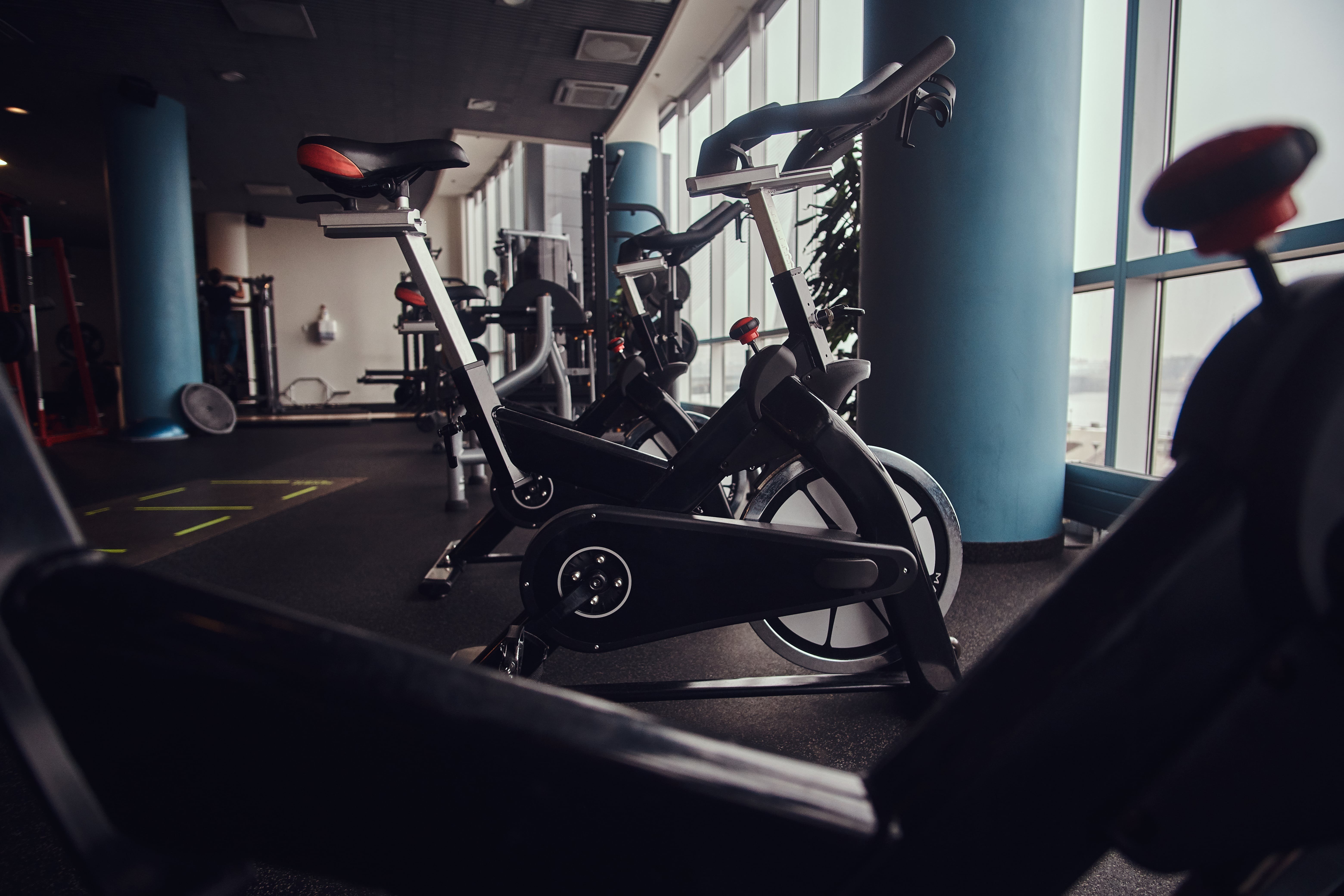10 Excercise Bikes-Related Meetups You Should Attend
Exercise Bikes: A Comprehensive Guide to Your Fitness Journey
In the last few years, stationary bicycle have risen in popularity among fitness enthusiasts and casual users alike. As people search for practical and reliable ways to enhance their health, exercise bikes stick out by supplying a low-impact cardiovascular workout that can be tailored to individual fitness levels and goals. This article digs into the subtleties of exercise bikes, exploring their types, benefits, how to select the ideal one, and often asked concerns.

Types of Exercise Bikes
exercise Bike workout bikes been available in various shapes and styles, accommodating various needs and choices. Comprehending these types can assist users make informed choices about their purchase.
1. Upright Bikes
Upright bikes look like traditional bicycles and are developed for a more interesting exercise experience. They target the core, arms, and lower body.
Features:
- Adjustable seat and handlebars
- Compact design
- Adjustable resistance levels
- Frequently included a digital display for tracking statistics
2. Recumbent Bikes
Recumbent bikes provide a more reclined seating position, which offers back support and reduces pressure on the body. They appropriate for users with minimal movement or back concerns.
Functions:
- Larger, comfortable seat with back-rest
- Easy gain access to for getting on and off
- Progressive boost in intensity
- Suitable for extended workouts
3. Spin Bikes
Spin bikes are created for high-intensity workouts, reproducing outdoor biking. They are equipped with a heavy flywheel, offering a practical biking experience.
Features:
- Adjustable seat and handlebars
- High resistance for tough workouts
- Frequently utilized in group fitness classes
- Feedback systems for tracking heart rate and calories burning
4. Air Bikes
Air bikes utilize a fan wheel and rely on wind resistance. The more difficult you pedal, the more resistance you experience, making them ideal for high-intensity period training (HIIT).
Functions:
- Additional upper body exercise with movable handlebars
- Perfect for burning fat in brief bursts
- Typically utilized by professional athletes for conditioning
Comparison Table of Exercise Bike Types
| Feature | Upright Bikes | Recumbent Bikes | Spin Bikes | Air Bikes |
|---|---|---|---|---|
| Seating Position | Upright | Reclined | Upright | Upright |
| Ease of access | Moderate | Easy | Moderate | Moderate |
| Strength | Moderate to High | Moderate | High | Really High |
| Convenience Level | Variable | High | Variable | Moderate |
| Target Areas | Core, Legs | Legs, Back | Legs, Core | Complete Body |
| Recommended For | General Fitness | Rehabilitation | Endurance Training | HIIT & & Conditioning |
Benefits of Using Exercise Bikes
The advantages of including stationary bicycle into a fitness regime are many:
1. Low-Impact Workout
Exercise bikes provide a cardiovascular exercise without putting excessive stress on the joints. This is specifically important for individuals recuperating from injuries or those with conditions like arthritis.
2. Convenient and Accessible
Stationary bicycle enable users the freedom to exercise at home, eliminating the requirement for a gym membership or outside cycling. This convenience motivates consistency and long-lasting adherence to fitness objectives.
3. Adjustable Workouts
With differing resistance levels and integrated training programs, exercise bikes can accommodate users of all fitness levels. This adaptability makes it simple for individuals to advance at their own pace.
4. Effective Calorie Burn
Regular usage of a stationary bicycle can burn 400-600 calories per hour, depending on the strength of the workout. This makes it an outstanding alternative for weight management and weight loss.
5. Improved Cardiovascular Health
Engaging in routine cardiovascular exercise on an exercise bike reinforces the heart and lungs, resulting in enhanced total health and minimized risk of persistent illness.
How to Choose the Right Exercise Bike
Picking the best exercise bike includes thinking about several elements to satisfy individual needs. Below are key considerations:
- Budget: Determine your budget plan and think about the long-lasting investment in quality and toughness.
- Readily available Space: Measure the area where you prepare to position the bike to ensure it fits conveniently.
- Type of Workout: Consider the kind of cycling experience you choose (upright, recumbent, or spin).
- Comfort Features: Look for adjustable seats and handlebars to guarantee a comfortable fit.
- Extra Features: Consider bikes with extra functions such as heart rate displays, workout programs, and Bluetooth connectivity for fitness tracking.
Regularly Asked Questions (FAQs)
1. How frequently should I use an exercise bike?
A lot of experts advise at least 150 minutes of moderate-intensity aerobic activity weekly. Utilizing a stationary bicycle for 30 minutes, 5 times a week, can help accomplish this objective.
2. Can I reduce weight utilizing an exercise bike?
Yes, regular workouts on an exercise bike, integrated with a balanced diet, can lead to considerable weight reduction in time.
3. Are exercise bikes ideal for beginners?
Definitely! Stationary bicycle provide a low-impact and adjustable exercise, making them ideal for novices who can begin at their own rate.
4. What is the perfect resistance level for an exercise?
The perfect resistance level depends upon individual fitness objectives. Novices need to start with lower resistance and slowly increase as their fitness improves.
5. Do I need to utilize unique shoes for spinning bikes?
While it's not obligatory, utilizing biking shoes can boost efficiency and comfort. Lots of spinning bikes likewise accommodate routine athletic shoes.
Exercise bikes are an indispensable addition to any fitness regimen, using many health advantages while being versatile to specific choices and objectives. Whether one selects an upright bike, recumbent bike, spin bike, or air bike, the versatility and convenience of stationary bicycle make them a perfect option for anyone looking for a healthier way of life. By understanding the various types, advantages, and features, users can embark on a satisfying fitness journey tailored to their requirements.





